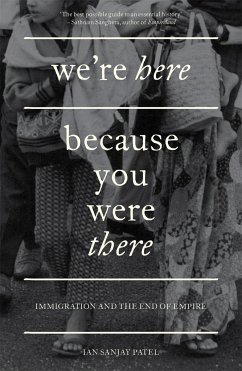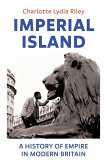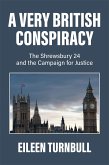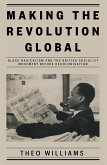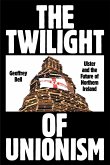What are the origins of the hostile environment against immigrants in the UK? Patel retells Britain's recent history in an often shocking account of state racism that still resonates today.
In a series of post-war immigration laws from 1948 to 1971, arrivals from the Caribbean, Asia and Africa to Britain went from being citizens to being renamed immigrants. In the late 1960s, British officials drew upon an imperial vision of the world to contain what it saw as a vast immigration crisis' involving British citizens, passing legislation to block their entry. As a result, British citizenship itself was redefined along racial lines, fatally compromising the Commonwealth and exposing the limits of Britain's influence in world politics. Combining voices of so-called immigrants trying to make a home in Britain and the politicians, diplomats and commentators who were rethinking the nation, Ian Sanjay Patel excavates the reasons why Britain failed to create a post-imperial national identity.
In a series of post-war immigration laws from 1948 to 1971, arrivals from the Caribbean, Asia and Africa to Britain went from being citizens to being renamed immigrants. In the late 1960s, British officials drew upon an imperial vision of the world to contain what it saw as a vast immigration crisis' involving British citizens, passing legislation to block their entry. As a result, British citizenship itself was redefined along racial lines, fatally compromising the Commonwealth and exposing the limits of Britain's influence in world politics. Combining voices of so-called immigrants trying to make a home in Britain and the politicians, diplomats and commentators who were rethinking the nation, Ian Sanjay Patel excavates the reasons why Britain failed to create a post-imperial national identity.
